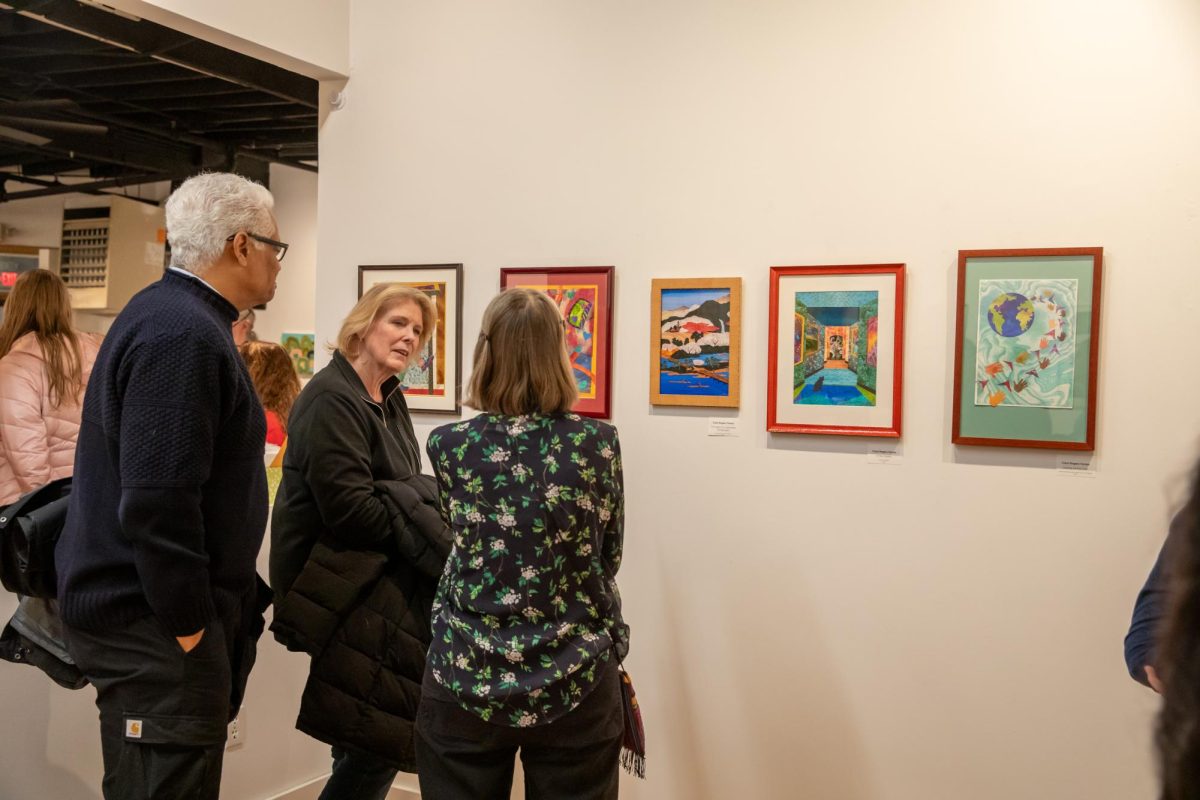What: Creative Entrepreneurship: A Conversation with Kickstarter Cofounder Yancey Strickler
When: 7 p.m., Thursday
Where: Walker Art Center, 1750 Hennepin Ave., Minneapolis
Chivalry isn’t dead after all — a lady named Creativity dove into the pool of entrepreneurship to catch true love with the Net, only to land a date surfing the Web with a lad named Kickstarter — and he’s paying.
Kickstarter, an online platform for funding creative projects, functions as your project’s own virtual escort service, per se.
“Every project is its own little universe, its own little economy that someone is sculpting from scratch, and they’re sharing it with their community and the Internet and hoping it takes mold,” said Kickstarter co-founder Yancey Strickler.
“The site was initially funded by friends and family, kind of like every Kickstarter project, but I think the principles come down to really being able to explain your idea in a compelling way.”
Strickler says there are two keys to having a successful Kickstarter project. The first is the video: This is used to communicate the interest and passion of the Kickstarter themselves. Every proposal has a human face associated with it, and creativity is accentuated. The second key is rewards: Backers are attracted to personal perks. For example, if a Kickstarter project is focused on funding the publication of a novel, the author could mail backers a copy after being printed or name characters in backers’ honor.
Using these fundamentals, Minneapolis Kickstarters have had more than $4.7 million pledged to their projects.
Matthew Plumstead, the mastermind behind the functional wall-storage device known as Tree Clip, launched his first Kickstarter project on Sept. 9 after promoting the furnishing to relevant design blogs.
He had a goal of $60,000 to cover the cost of the Minnesota-made materials and production. As of Wednesday, Tree Clip had received more than $64,400 from backers.
“Getting the word out with social media is really important. Make it seem alive — frequent updates are helpful, to get people’s feedback and ideas,” said the Minneapolis College of Art and Design alumnus.
“Kickstarter is a great platform specifically for new designers. It is exciting to be a designer in this time.”
Some projects don’t work the first time around, however.
Ultraviolet playing cards creator Patrick Burke said, “We learned a lot with our first round on Kickstarter, particularly with pricing and reward structures.”
The duo made adjustments to the reward levels for backers of the project, and Ultraviolet cards have since been fully funded — a new design limited to 5,000 decks is already in the works.
“If people have something creative that they want to put out to the world and share,” Strickler said, “they should put on a Kickstarter.”













